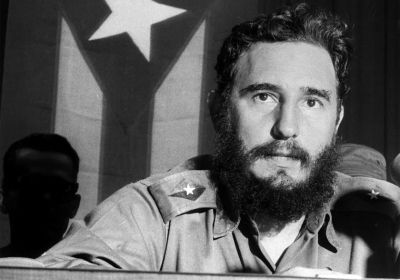
Ross Davidson presents two new free publications that provide some essential background to the Cuban Revolution and Washington’s implacable hostility to it.

Ross Davidson presents two new free publications that provide some essential background to the Cuban Revolution and Washington’s implacable hostility to it.

Despite the economic blockade, emergency food relief is reaching Cuba, thanks to international solidarity, reports Ian Ellis-Jones.

The US feigns empathy with the Cuban people in their quest for food and other necessities, but its policies have been designed to cause hardship, writes Ian Ellis-Jones.
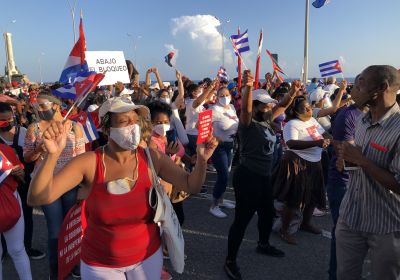
US President Joe Biden is seeking to exploit the recent protests in Cuba to punish Cubans and destabilise the country, reports Barry Sheppard.

The US government says it is going to help Central America fight corruption and free the Cuban people. But any help from the US comes with ulterior motives, writes Tamara Pearson.
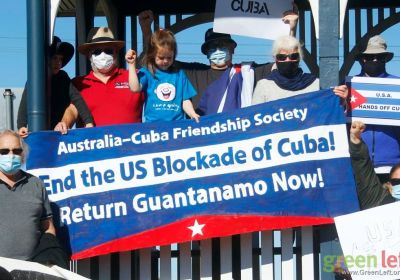
For six decades now, the United States has unsuccessfully sought to achieve regime change in Cuba, writes Ian Ellis-Jones.
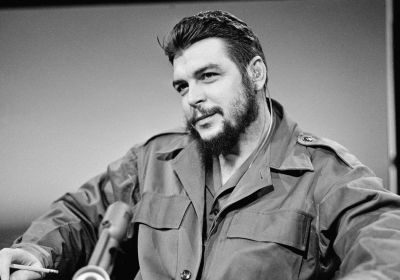
October 9 marks the 50th anniversary of the CIA-ordered assassination of Che Guevara.
In light of a recent upsurge in denunciations of Che and the Cuban Revolution, it is important to separate fact from fiction.
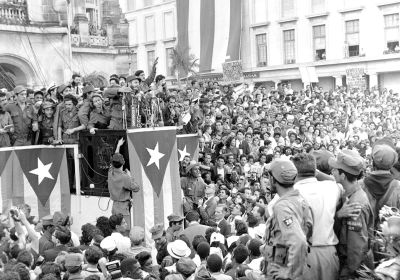
The article below is based on a talk by Felipe Stuart Courneyeur to the Canada-wide convention of the Canadian Network on Cuba, in Toronto in June.
Courneyeur has dual Nicaraguan-Canadian nationality; he divides his time between the two countries. He is an active member of the Sandinista National Liberation Front (FSLN). The article is abridged from johnriddell.wordpress.com.
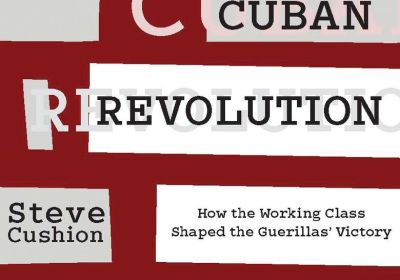
The Cuban Revolution has created international ripples ever since its military victory on January 1, 1959. The United States was quick to recognise the threats to its dominance in Latin America and set out to crush the rebel regime.
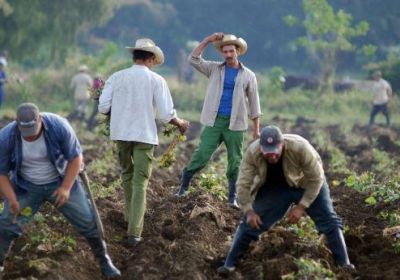
Cuba’s Council of Ministers approved “Life Task” (Tarea Vida) on April 25, a plan for confronting climate change.
It is the latest manifestation of Cuba’s sustained endeavour to contain the impact of climate change. The Cuban government has dedicated resources and talent to the project for many years. Policymakers have relied on facts, data, and ongoing research.
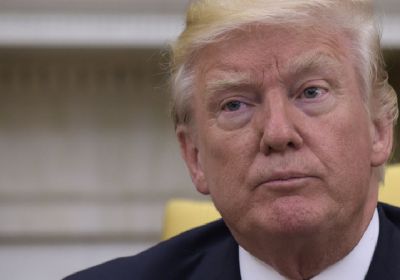
The Cuban government issued a statement on June 16 in response to US President Donald Trump’s announced change of policy toward the socialist-run island, reasserting the country’s sovereignty.
In a speech that day in Miami, Trump said he will cancel former President Barack Obama’s "completely one-sided deal with Cuba."